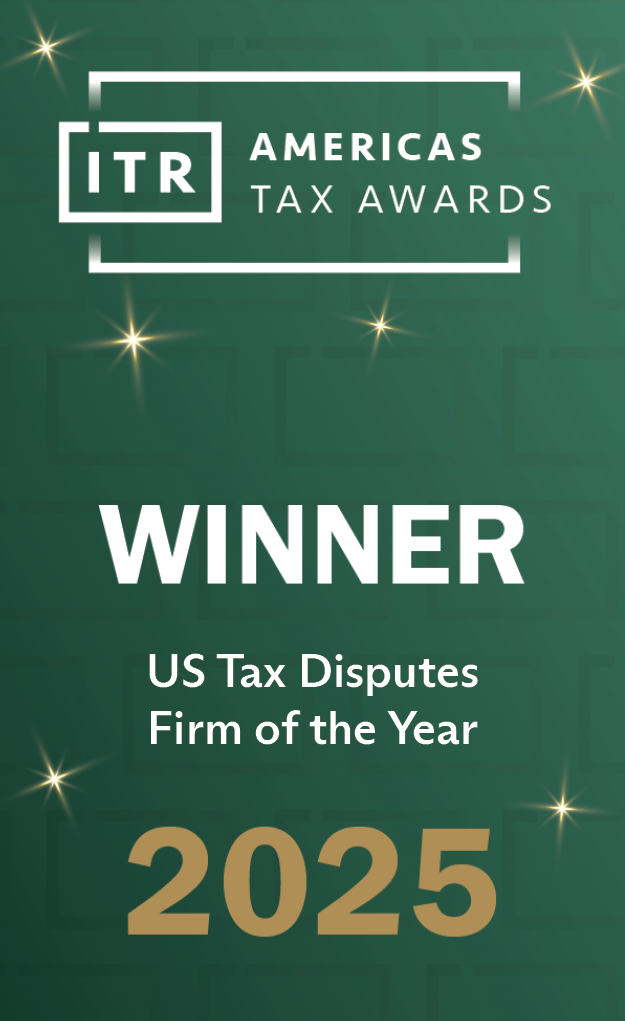The Internal Revenue Service (IRS) released its five-year strategic plan (Strategic Plan) for 2022 – 2026, laying out four major goals:
- Service: Provide quality and accessible services to enhance the taxpayer experience
- Enforcement: Enforce the tax law fairly and efficiently to increase voluntary compliance and narrow the tax gap
- People: Foster an inclusive, diverse and well-equipped workforce and strengthen relationships with external partners
- Transformation: Transform IRS operations to become more resilient, agile and responsive to improve the taxpayer experience and narrow the tax gap.
In the portion of his opening message that addressed enforcement, IRS Commissioner Chuck Rettig focused on listed transactions, saying, “We also continued to make important progress in our compliance programs, with a particular focus on abusive tax shelters, including syndicated conservation easements and microcaptive insurance arrangements.”
The Strategic Plan vows an increased focus on noncompliant, high-income and high-wealth taxpayers, partnerships and large corporations, which the report asserts “make up a disproportionate share of the unpaid taxes.” The IRS intends to improve efforts to collect unpaid taxes with effective deterrence and enhanced enforcement capabilities. Employees will also have access to Enterprise Case Management, which will provide agents with the full history of a taxpayer, along with other tools to prevent and address noncompliance. The IRS also wants to reduce the burden on taxpayers by decreasing the time between filing returns and compliance issue resolution. Finally, the IRS plans to improve public confidence by promoting compliance through publicizing criminal prosecutions and civil enforcement efforts.
Additionally, the IRS points to increasing efforts to proactively identify fraud schemes. Its Office of Fraud Enforcement is creating a new Virtual Currency Learning Academy for all IRS personnel—from beginners to experts—with training focused on cryptocurrencies, blockchain tracing, anti-money laundering compliance and Altcoins.
While responsibilities and workloads at the IRS have been increasing, resources to combat criminal fraud and tax evasion have been decreasing. The IRS says it must continue updating necessary tax guidance for new investments, invest in analytical approaches to improve case selection and maintain institutional knowledge of how to combat avoidance activities.
The Strategic Plan indicates that the IRS continues to navigate challenges related to insufficient funding, decreasing workforce and hiring difficulties. In response, the IRS intends to expand electronic services with online accounts and digital filing capabilities. The IRS also plans to expand resources for international taxpayers, as well as implement a Multilingual Strategy with new publications in multiple languages. Other goals include increasing outreach with enhanced social media strategies and prioritizing security while safeguarding taxpayer data.
The Strategic Plan also discusses the IRS’s aging workforce and above-average attrition rates. In response, the IRS intends to hire additional employees, enhance retention and implement a Comprehensive Training Strategy.
Finally, the IRS plans to make improvements to infrastructure, which includes reorganizing operations, upgrading and modernizing systems, accelerating cybersecurity modernization efforts from cyber threats and reducing the paper volume by using digital data more effectively.
Commissioner Rettig stated, “[w]orking toward these strategic goals with consistent multi-year funding will [...]
Continue Reading
read more


 Subscribe
Subscribe




